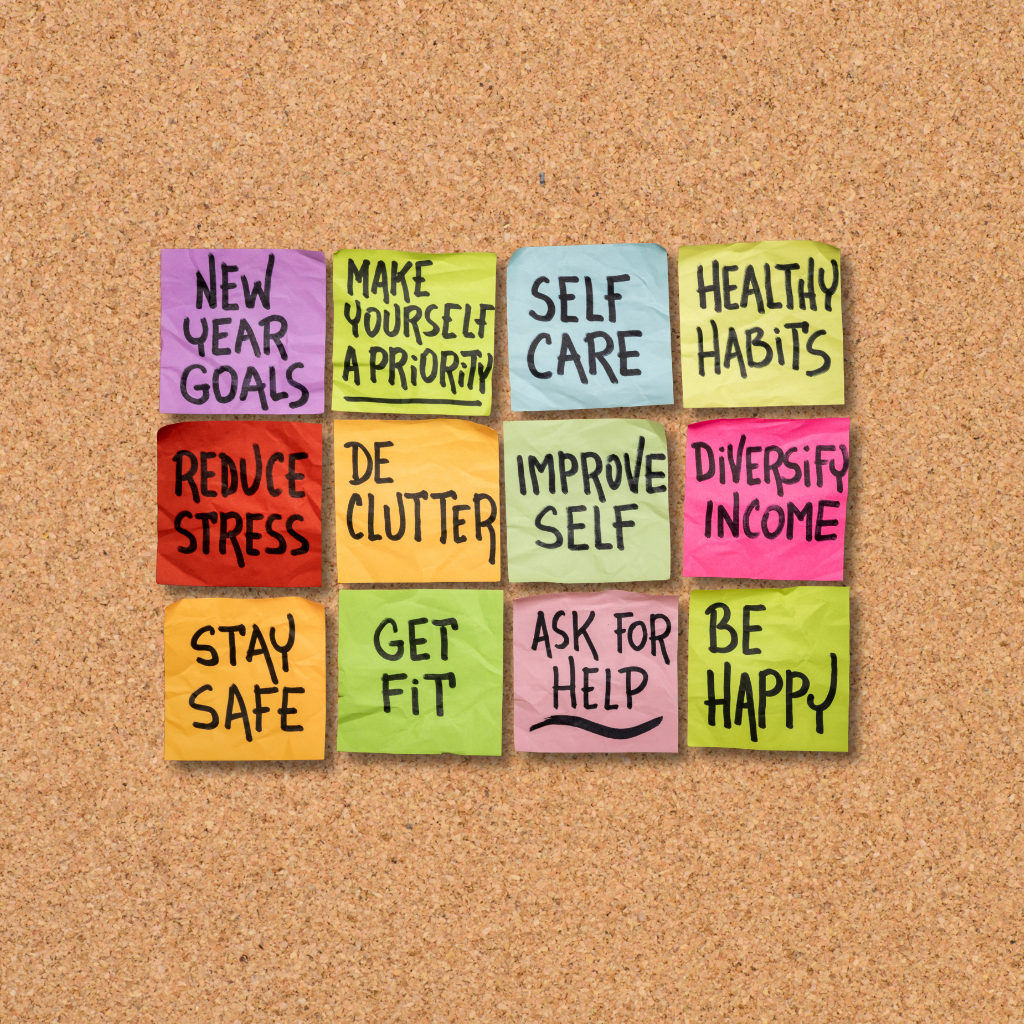How many times has your rabbi broken Shabbos?
You’ve probably never thought about it, and you hope the answer is “zero”. I never used to like thinking about it. Now, I’m proud of the times I “broke” Shabbos.
My first experience was before my barmitzvah, so I dismissed it by rationalising that I was too young to be liable. Besides, it hadn’t been my choice. Still, I preferred not to think about it. That story remains one of Torah Academy’s most infamous episodes. We were Grade Sixes (Standard Fours, as they called us in those days) joining the high school for their annual Shabbaton. The bus driver got lost on the way to the campsite, and we pulled to the side of the road as the sun dipped behind the Magaliesberg. As we sang Lecha Dodi on the roadside, a patrol car arrived, and the cops informed us that the rabbis had sent them to herd us into the bus and follow them to our destination. The officers explained that we were in a notoriously dangerous area and needed to move quickly. Some of my friends cried on that bus ride, never having desecrated Shabbos before. I kept telling myself I was underage and was following rabbinic guidance. For two decades, I avoided thinking about that jarring experience.
Then our daughter, Shaina’s health challenges began. We went through a period when the hint of a fever could spell a life-threatening seizure. For over a year, we were on high alert for dangerous respiratory complications. Shaina was in and out of the ICU multiple times, and I stopped turning off my phone before Shabbos. When I had to call the Hatzolah emergency services one Shabbos, I made sure my children saw me dial their number. No longer the sheepish kid crouched on a school bus, I was proud to break Shabbos for her safety.
If there is even a remote chance of danger to life, you override Shabbos to get help. No detours, no calling for a non-Jew to help, no dialling with your elbow. Human life trumps Shabbos because the Torah says “You shall live by them”, meaning that living Jewish may never endanger living.
Breaking Shabbos in an emergency makes sense. One Shabbos lost to preserve a life means many future Shabboses gained. That may be true, but it’s not the whole story.
The Torah describes Shabbos as a sign of G-d’s love for us. If there is a remote chance that someone’s life is on the line over Shabbos, and we break the rules of Shabbos to protect them, that’s the best way to keep Shabbos. You’re not cheating on Shabbos when you phone an ambulance. That is the gold standard of Shabbos. I hope my kids learned that when I made a scene of phoning Hatzolah for Shaina. And I hope none of us ever needs to keep Shabbos that way.





